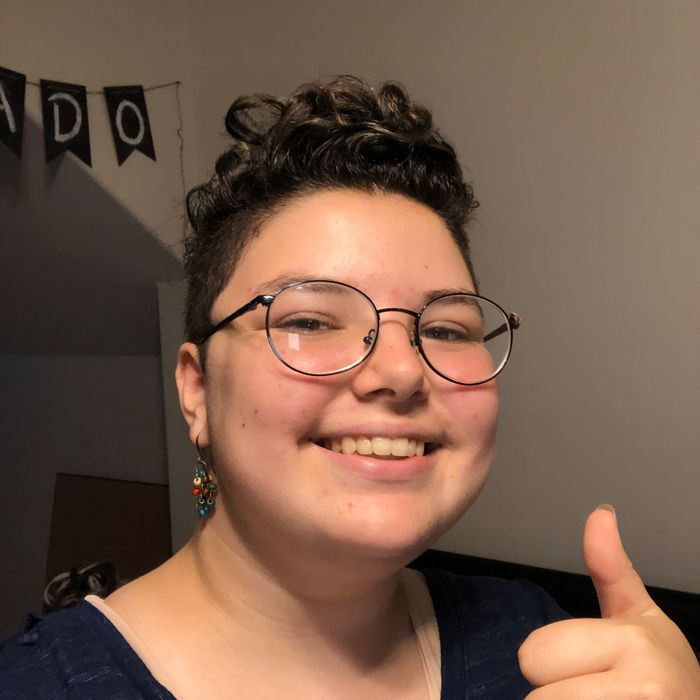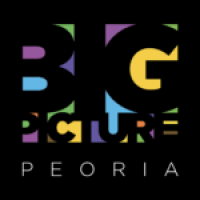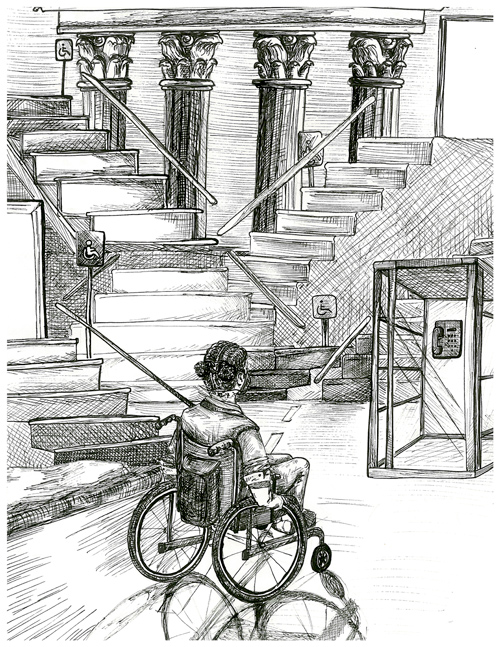by Alayna Steward
Last year marked the American Disability Act’s thirtieth year in effect. The ADA prohibits discrimination against disabled people in transportation, employment, public accommodation, and more. This act was a huge leap for disabled people, yet there are still so many areas where this law is lacking.
Last year showed us just how important disability rights are, with COVID-19 disproportionately affecting the disabled. Additionally, we saw disabled people being barred from voting. The Supreme Court sided with Alabama’s decision to ban curbside voting, which for many disabled people was the only way they could vote. We also saw deaths of disabled people of color by the police—such as 24-year-old unarmed and vulnerable Marcus-David Peters, who was shot and killed by an officer during a mental health crisis. Additionally, we saw natural disasters leaving disabled people stranded with no means to get to safety. The majority of people who die during a natural disaster are the disabled and elderly. After Hurricane Katrina in 2005, it was found that nearly half of those who died were 75 and older.
It seems that the disabled are constantly on the backburner of the equal rights conversation. So, one might wonder: what did the ADA actually accomplish? When it was passed, the ADA made it federal law that public spaces be accessible. This meant implementing ramps, elevators, braille, curb cuts, and more in order to provide disabled people the accommodations they require. It was also supposed to be a means to welfare reform, resulting in an increase in employment of disabled people. However, in terms of accessibility, many public spaces are not fully compliant, including concert venues, restaurants, and even city sidewalks. In New York City, only 3.4 percent of crosswalks have audible signals installed, which help blind/ visually impaired people know when it is safe to cross the road. Another instance is the safety of sidewalks during the winter. Driving down the road a few weeks ago in Peoria, I watched as a man in a wheelchair pushed himself in the opposite car lane, unable to use the sidewalks because no one had cleared the snow and ice, putting him in unnecessary danger. In terms of welfare reform, the gap in employment of disabled to non-disabled people has grown, showing the ADA has had less of an impact on employment among the disabled community than we thought it would. In 2020, the Bureau of Labor Statistics found that 17.9 percent of disabled people were employed, compared to 61.8 percent of non-disabled people.
Even then, the ADA falls short in preventing discrimination against disabled people. Disabled people still cannot get married without the possibility of losing benefits and financial aid from Supplemental Security Income and Medicaid. For many disabled people, this means they have to choose between marriage and basic needs (food, shelter, etc.). Disabled people are also at a higher risk of losing custody of their children, being evicted, and even dying because they are left in financially vulnerable positions. There are still cases of disability-based discrimination that are overlooked.
While it’s heartbreaking to learn about these facts, it is necessary. In order to help, we have to not only speak up and act, but also educate ourselves on the issue. Disabled people are people and are just as valid as their non-disabled peers. Learning more about this topic can help us understand the struggles disabled people are facing. Fortunately, the Biden administration has addressed very specific policies in regard to disability rights. Soon, there may be important changes to the ADA and how the ADA is applied in certain situations that will help disabled people. The disabled community is watching. It’s time something changed.
To learn more about the disabled community and how you can help, check out the following websites:
NPR.com: “Disaster Relief For The Elderly And Disabled Is Already Hard. Now Add A Pandemic”
NPR.com: “Supreme Court Blocks Curbside Voting In Alabama, An Option During Pandemic”
About Alayna Steward

Alayna Steward is a sophomore at Bradley University majoring in Music Business. They have been invested in music and writing their entire life. They are involved in a few musical groups on campus, including Bradley Chorale. They like strawberries, the color yellow, and cats. As a queer disabled person, Steward understands the importance of creative and self expression and having your voice be heard. They hope that their work will not only inspire readers, but also give them a voice and let them know that they are not alone.
About Adrien Vozenilek

Adrien Vozenilek is a senior at Peoria Notre Dame High School. Currently, their focus is portraying family history and their Italian heritage through 2D works centered around heirlooms. Adrien will be a freshman at Southern Illinois University Edwardsville and plans to become an art therapist for LGBTQ+ youth.

